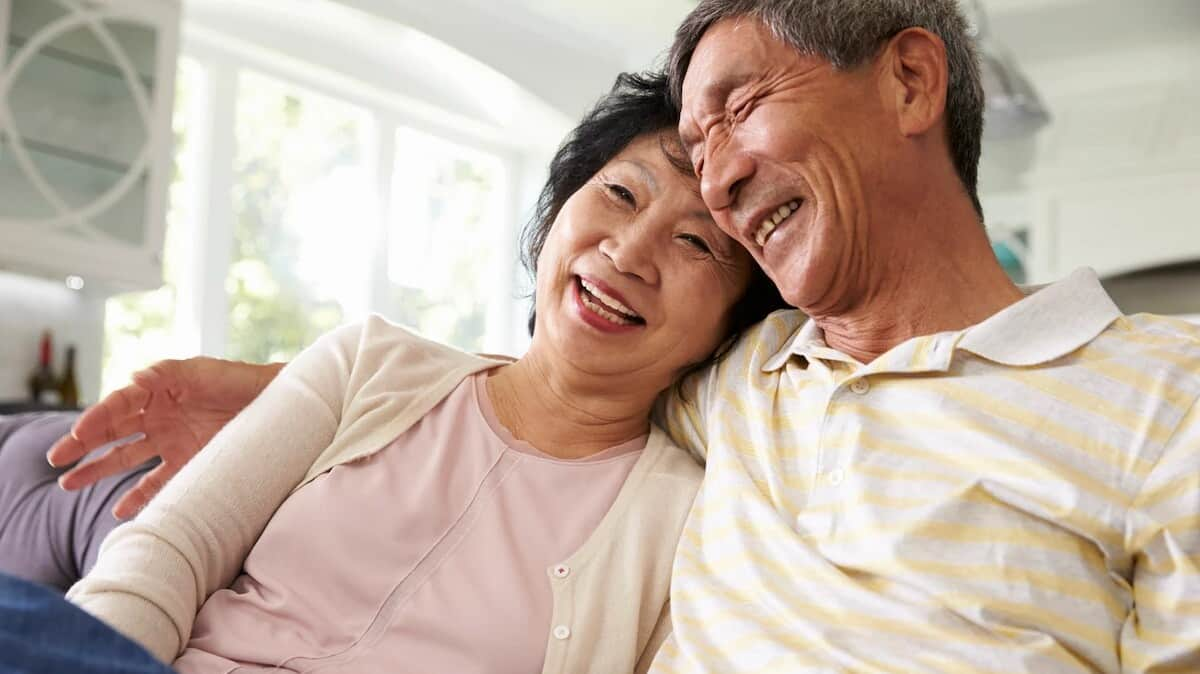
Low birth rates, aging population make South Korea 'super-aged society'
What's the story
South Korea has officially been designated a "super-aged society," with 20% of its population now aged 65 or older.
The demographic shift is largely attributed to an extremely low birth rate, which stood at just 0.7 births per woman last year.
The number is among the lowest in the world and far below the replacement rate of 2.1 required to sustain the population.
Demographic details
South Korea's elderly population surpasses 10 million
The country's elderly population now comprises over 10 million people aged 65 and older, out of a total population of 51.2 million.
This demographic trend puts South Korea in the same league as countries such as Japan, Germany, and France, in terms of a large elderly demographic.
Remarkably, the number of elderly has more than doubled since 2008 when it was less than five million.
Policy impact
Government efforts fail to boost birth rates
Men make up 44% of the current group aged 65 and older.
Despite government efforts to boost birth rates, including subsidies for egg freezing, these initiatives have not yielded the desired results.
Projections suggest that South Korea's population could dwindle to 39 million by 2067, with a median age of 62.
Underlying causes
High living costs, societal pressures contribute to low birth rates
Experts attribute the low marriage and birth rates to several factors.
High child-rearing costs and soaring property prices pose significant challenges for young families.
Additionally, South Korea's competitive society makes securing well-paid jobs difficult, further discouraging childbirth.
The double burden on working mothers, who manage household chores and childcare while maintaining careers, also contributes to these demographic trends.